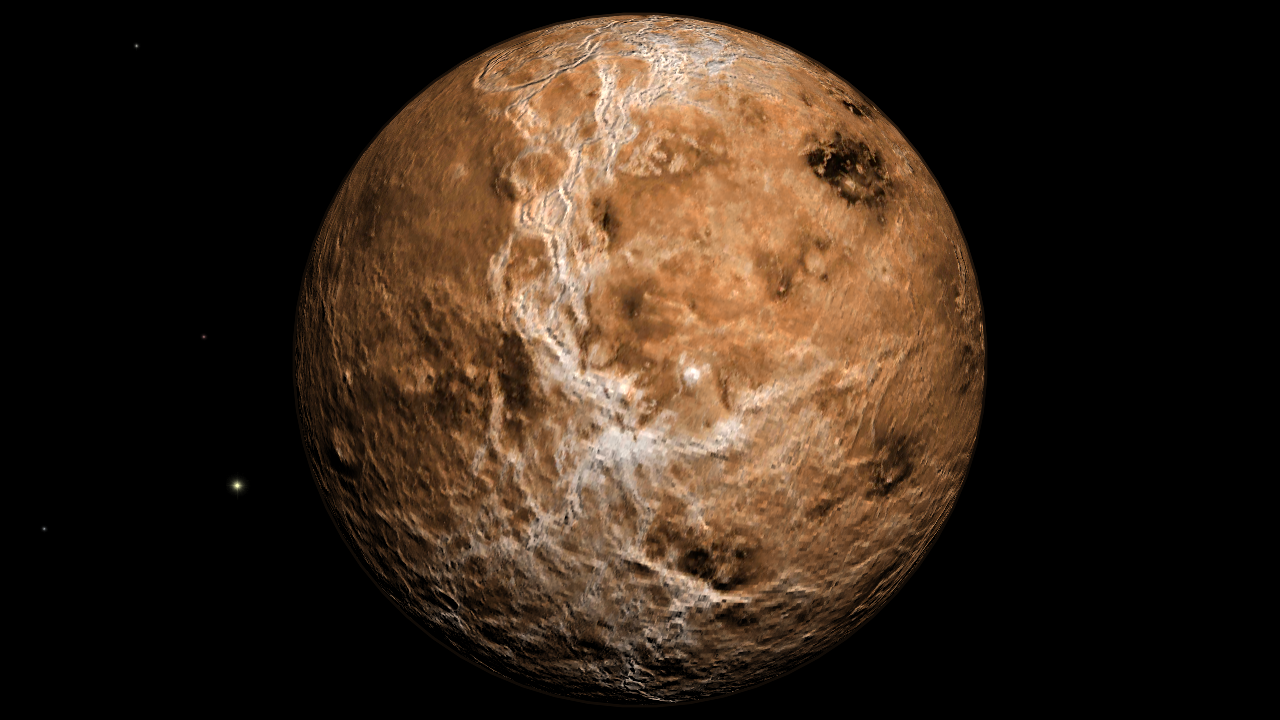Roscosmos plans to send its mission to Venus in 2029-2031, which will be a historic event for Russia. The scientific part of the Venera-D project is currently being actively studied by scientists from the Space Research Institute of the Russian Academy of Sciences. The main goal is to develop a device that can study the atmosphere, the composition of clouds, and look for biomarkers on Venus.
It was the Soviet Union that sent the first instruments to Venus and made important discoveries. We learned that the surface of Venus has extremely high temperatures and pressures, clouds are made of sulfuric acid, and the atmosphere lets in only 10% of the sun’s rays, creating a deep twilight. Detailed black-and-white and color images of the surface were obtained, maps were drawn and the geological history of the planet studied.
In addition to Soviet missions, research on Venus was conducted by other countries. American and European orbital stations such as Mariner, Pioneer Venus, Magellan and Venus Express made important discoveries about the structure and atmosphere of the planet. The Japanese apparatus “Akatsuki” also continues to explore Venus. These missions have expanded our knowledge of Venus’ atmospheric dynamics, thermal radiation, and surface properties.
The Venera-D mission plans to study Venus even further. Perhaps the device will be placed on flat plains to study the volcanic soil and atmosphere. Some pre-planned projects, such as landing stations to study seismic activity, are not included in current NASA and ESA programs. However, the new DAVİNCİ project will make atmospheric measurements during the descent. Future research will show whether we can recapture the technological advantage we had in the past in Venus exploration.
Source: Ferra
I am a professional journalist and content creator with extensive experience writing for news websites. I currently work as an author at Gadget Onus, where I specialize in covering hot news topics. My written pieces have been published on some of the biggest media outlets around the world, including The Guardian and BBC News.











